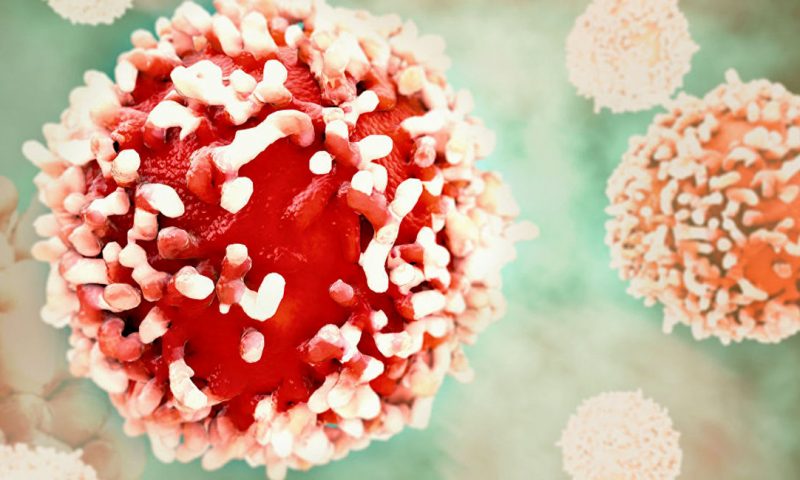In a Phase III study, Genentech’s Tecentriq (atezolizumab) in combination with Celgene’s Abraxane followed by chemotherapy demonstrated a statistically significant and clinically meaningful improvement in treating patients with early triple-negative breast cancer.
This morning, South San Francisco-based Genentech, a subsidiary of Swiss pharma giant Roche, touted the results of the late-stage IMpassion031 study. In the study, the Tecentriq combination therapy met its primary endpoint of improving pathological complete response (pCR) of patients with early triple-negative breast cancer (TNBC), regardless of PD-L1 expression following 21 weeks of treatment.
Additionally, Genentech noted that study results showed fewer patients who received the Tecentriq combination prior to surgery had evidence of tumor tissue detectable at the time of surgery, known as pCR, regardless of PD-L1 expression in comparison to the control arm of the study. Neoadjuvant treatment, meaning treatment prior to surgery, may allow a doctor to quickly assess whether a medicine is working, and may also reduce a tumor’s size so it is easier to surgically remove, Genentech noted. pCR is a common measure of neoadjuvant treatment effect in breast cancer and can be assessed more quickly than traditional endpoints in early-stage breast cancer.
Detailed results of the IMpassion031 study will be presented at an upcoming medical meeting and will also be the basis for discussions with regulatory agencies across the globe for potential approval in this indication.
The IMpassion031 study marks the second Phase III study from Genentech that demonstrated the benefit of Tecentriq in TNBC. The study is also the first Tecentriq study to demonstrate benefit in early TNBC, the company noted. Last year, the U.S. Food and Drug Administration approved Tecentriq and a companion diagnostic tool to treat unresectable locally advanced or metastatic triple-negative breast cancer (TNBC) in patients whose tumors expressed PD-L1.
Tecentriq is an anti-PDL1 inhibitor. The drug is designed to bind to PD-L1 expressed on tumor cells and tumor-infiltrating immune cells, blocking its interactions with both PD-1 and B7.1 receptors. When it inhibits PD-L1, it allowed the activation of T-cells, allowing these immune cells free rein to attack the cancer.
Breast cancer is the most common cancer among women worldwide. In triple-negative breast cancer, tumor cells lack hormone receptors and do not have excess HER2 protein. Approximately 15% of breast cancers are triple-negative based on the results of diagnostic tests. It is an aggressive form of the disease with few treatment options. Tecentriq in combination with nab-paclitaxel is currently approved for the treatment of adults with unresectable locally advanced or metastatic TNBC in people whose tumors express PD-L1.
“Our goal in treating TNBC at its earliest stages is to provide people with the best chance for a future cure. Adding Tecentriq to chemotherapy now has the potential to help women with TNBC at multiple different stages of the disease,” Levi Garraway, chief medical officer and head of Global Product Development at Roche said in a statement.

